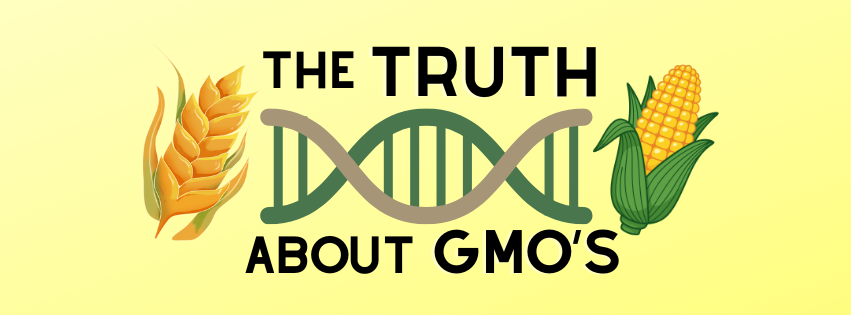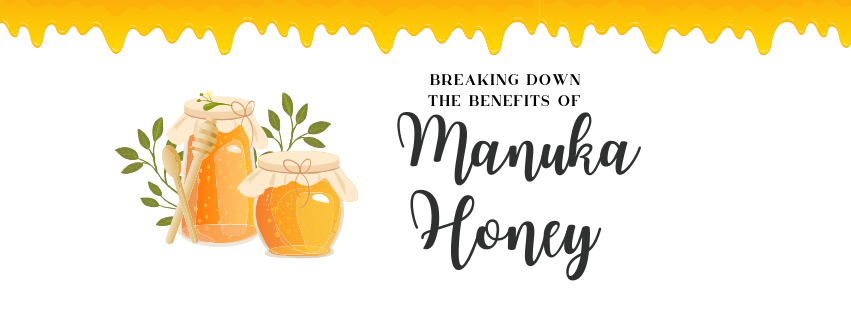5 Simple Wellness Tips for Our Post-Secondary Students
College & university should come with a survival guide. In high school, they don’t teach you how important 8 hours of sleep really is, how nourishing your body with whole foods will give you the energy you need to get you through finals or how important is it to carry a water bottle with you everywhere you go to stay hydrated. Not to mention, how your body actually requires relaxation to maintain optimal health and well-being. Lastly, they definitely don’t teach you how to manage 8 classes, a part time job, a social life, proper eating habits and regular exercise all without getting sick.
Here are a few of our top wellness tips to help you strengthen your immune system, eat to nourish your body, remain active and ways to know when to take time to yourself to relax, rest, restore and replenish!

1) STAY HYDRATED
Put down those sugar filled juices, energy drinks and caffeinated beverages! Sugar has several negative effects on the body. It slows down the body’s ability to heal, it weakens the immune system function, which will lead to more cold, flus and infections, and it is also is a major contributor to weight gain. Instead of reaching for that latte, try cutting your sugar and caffeine intake down, with a honey sweetened decaffeinated coffee. Instead of relying on a sugar infused energy drink for an afternoon pick-me-up, try a yerba mate herbal tea. Also, instead of reaching for an alcoholic beverage, try hydrating with a kombucha!

2) GET ENOUGH SLEEP
Although getting an 8 hours restful sleep may seem impossible with deadlines, roommates and your social life, it is the key to combat stress! I recommend that you set some “bedtime” guidelines for yourself. Aim to be in bed, relaxing with essential oils diffusing with a cup of Nighty Night by Traditional Medicinals tea by 10pm. This will give you enough time to relax, reach a restorative sleep and wake feeling refreshed at 7am. If you don’t get enough sleep, your body is unable to restore and recover. You will begin to feel fatigue set in and less motivated to exercise and eat healthy. I encourage you to make sleep a top priority on your to do list every day to remain motivated, focused and healthy!
3) SWEAT IT OUT
It is essential to your health and wellness to make sure that you are staying active. We live in such a beautiful community here in the Kawarthas; it’s easy to find biking / walking paths and parks in which to get exercise. Whether you’re walking the campus to get fresh air, on a sports team or are dedicating 1 hour, 3-4 times a week at the gym, make sure you are moving the body! Movement stimulates the lymphatic system to keep important nutrients flowing to support the immune and endocrine system. Stimulating sweat will also help release the build-up of toxins which can contribute to illness. Lastly, staying active will boost your energy levels, allow you to reduce, improve mood and enhance stamina to stay focused and healthy throughout the school year.

4) FUEL YOUR FIRE
Surround yourself with healthy food! Avoid buying processed, pre-packaged foods as well as fried foods and take out. Stock up your fridge with healthy, organic and colourful fruits and vegetables which will keep you energized and fueled longer than pre-packaged granola bars and cookies. Establish a routine with your food. Have a few quick and easy go to meal options for breakfast, lunch and dinner. Make sure your breakfasts are options for on the go, just in case you hit snooze one too many times. Ensure your lunch is protein packed to fuel you through your afternoon. Lastly, have quick dinners planned and always cook enough for left-overs! When it comes to snacks, make your own trail mix with nuts, seeds and dried fruit. Or try making homemade energy packed granola bars with dates, peanut butter, hemp seeds, chia seeds, cranberries and oats!

5) CHILL (WITHOUT THE NETFLIX)
Stress and overworking your body is the leading cause of most illness. I’d recommend maintaining a detailed schedule with all of your classes; due dates, work hours, group meetings, exercises, meal planning days as well as scheduling in downtime. But it’s just as important for the body to relax and reset as it is to move and be nourished. This includes screen time. With all the time you’ll spend on your laptop for projects, it’s important not to let Netflix, YouTube & Social Media be your only form of relaxation. Why not enjoy a hot Epsom salt bath with Now Lavender Essential Oil, or relax to light music while diffusing an Essential Oil Blend in the evening? You’ll find yourself rejuvenated and ready to face your next assignment with vigor!

Not only will these wellness tips help you create a balanced and healthy lifestyle, it will also keep you feeling positive, accomplished and energized to push through your semesters while maintaining good grades and a social life.
Visit us at one of our convenient locations to allow us to help you reach optimal wellness! In Peterborough, we’re just a 5-minute drive from the main Trent Campus and only a 4-minute drive from the Fleming Campus (with conveniently-close bus stop). And in Lindsay, we’re also just a 4-minute drive from the Fleming Frost Campus!
